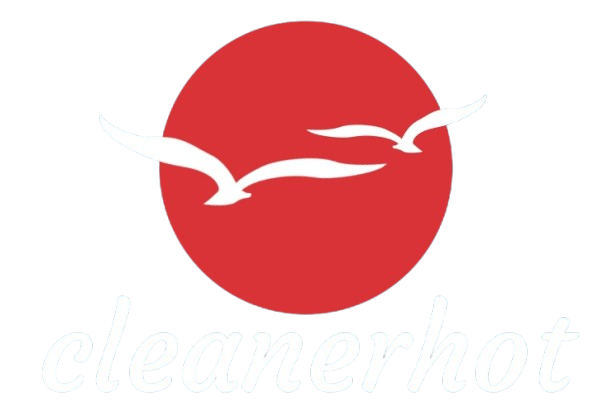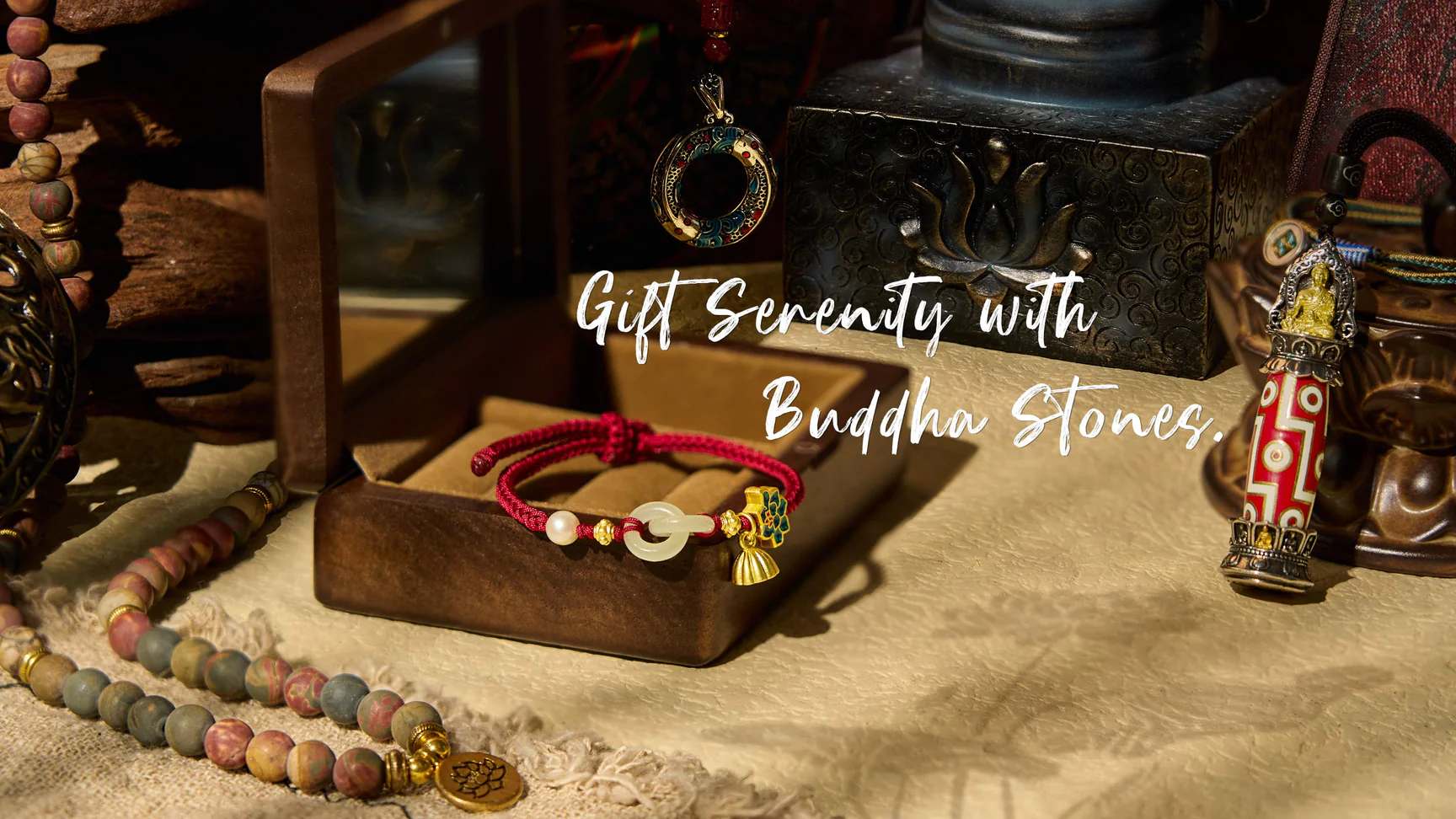In a world that reveres experts and algorithmic precision, the notion of becoming the primary authority over your own health is nothing short of revolutionary. We’ve grown up in a system that conditions us to look outward—to doctors, institutions, prescriptions, and protocols—for healing. But what if the most transformative path to health begins not in a clinic, but in the quiet courage to look within?
This was the conversation my husband and I found ourselves in recently. He had an upcoming appointment with a practitioner who addresses the mental and emotional roots of physical symptoms. The anticipation stirred up unexpected anxiety. Not because he doubted the practitioner, but because deep down, he understood the weight of what might be asked of him: to release long-held patterns of thought and emotion that had kept him stuck—both mentally and physically.
His fear was valid. True healing doesn’t just skim the surface; it asks us to dig deep, to challenge beliefs that may have governed our lives for decades. And that’s no small feat.
The Hidden Architecture of Belief
Our beliefs about health are often formed long before we even know what the word means. Childhood experiences, cultural norms, and institutional models quietly script a narrative: that healing is complex, mysterious, and best left to the professionals.
And so we internalize a quiet message: “You can’t possibly do this on your own.”
This unconscious belief shapes how we navigate illness. It convinces us that to take responsibility for our own healing is not only foolish but potentially dangerous. After all, who are we to question diagnoses, treatment plans, or medical advice?
But here’s the truth: Many of these beliefs no longer serve us—and some never did. The body, like the mind, is dynamic. And both are more responsive to our awareness, intention, and agency than we’ve been led to believe.
From Passive Patient to Empowered Participant
To question the status quo of our health paradigm can feel like stepping off the edge of a known world—like going from believing the earth is flat to suddenly seeing its roundness.
And yet, we must.
Because reclaiming agency over our health doesn’t mean rejecting medical guidance. It means becoming an active, informed participant in the process. It means asking, “What role am I playing in my own wellness?” and “What internal shifts are needed for lasting change?”
This isn’t about blame. It’s about empowerment. Because when you start noticing how your thoughts, emotions, and daily behaviors shape your physical condition, you begin to understand the profound mind-body relationship—and your role in tending to it.
Healing the Inner Child
When you find yourself feeling helpless in the face of illness—or when the news stirs up fear around the latest health scare—pause. Ask yourself: Who is reacting? Often, it’s the younger version of you. The child who was taught that grown-ups (or doctors) hold all the answers. The one who felt small and powerless when big decisions were made on their behalf.
The invitation here is not to banish that inner child, but to recognize when they’re driving your health choices. Then, with kindness, invite your adult self to step forward—the one who can hold both intuition and information, who can ask questions and make decisions rooted in sovereignty rather than fear.
Health as a Sovereign Act
In a culture that rewards compliance and punishes uncertainty, choosing to take up your own health can feel lonely at times. But the truth is, it’s one of the most sacred acts of self-respect you can commit to.
It’s also profoundly contagious.
When you step into your health authority, you model something powerful for those around you: that deep healing is possible. That living with intention, curiosity, and courage is not only worthwhile—it’s essential.
And here’s the secret that shifts everything: You don’t need to have all the answers to begin. You only need to be willing to listen—to your body, your beliefs, your fears—and start asking better questions.
A New Definition of Health
Health, at its core, is not just the absence of disease. It’s the presence of wholeness. It’s feeling aligned, awake, and in relationship with your own body. It’s the clarity that comes from tuning in rather than zoning out. From asking not just “What’s wrong with me?” but also “What is this trying to teach me?”
Yes, the journey can be daunting. But it’s also liberating. Because when you take full responsibility for your health—not in isolation, but in partnership with wise counsel, intuition, and curiosity—you begin to heal not just your body, but your relationship with life itself.
In a time when we are bombarded with external noise, returning to the wisdom within is the most radical and necessary act.



